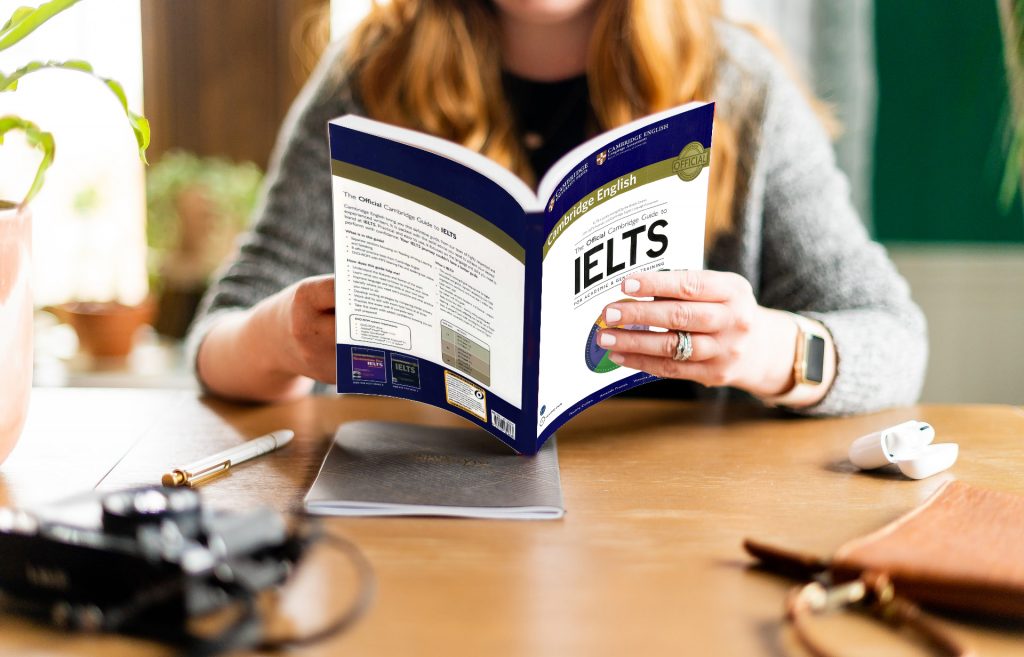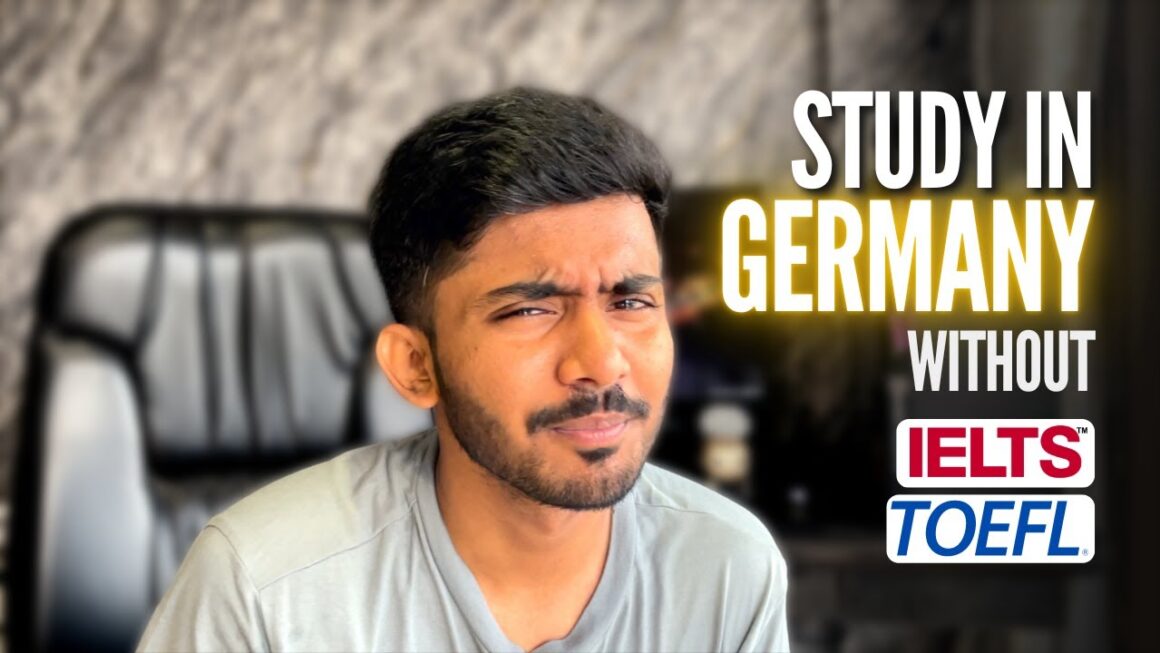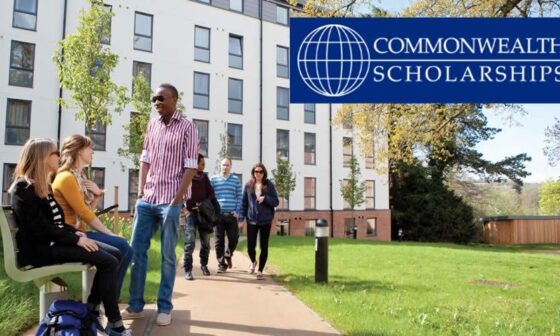Scholarships That Don’t Require IELTS, TOEFL or SAT: Fully Funded Programs
Fully funded scholarships without IELTS:
 Skills Learned in 30 Days That Help Students Make $500–$2,000/Month Online
Skills Learned in 30 Days That Help Students Make $500–$2,000/Month Online
Why “Scholarships That Don’t Require IELTS, TOEFL or SAT” Are Gaining Momentum
In recent years, many universities and governments have recognized that language-test requirements and standardized tests can be obstacles for worthy candidates—especially from non-English-speaking backgrounds or under-resourced regions. Many scholarship lists now highlight that you can qualify via alternative proof of English proficiency (such as a certificate that your previous instruction was in English) rather than a formal test.
Here are some of the reasons for this shift:
- Access & inclusion: Removing standardized test requirements opens doors for students who can perform academically but cannot afford the test fees or prep.
- Global recruitment: Universities want to diversify their student body and miss fewer applicants due to test-barriers.
- Evidence of proficiency: Many students already studied in English, so formal tests may be redundant—universities accept a “Medium of Instruction” letter. (scholarsavenue.com)
- Scholarship competition: Fully funded programs aim to cast a wider net for global talent; removing tests makes them more attractive internationally.
In short: if you are looking for fully funded opportunities, keep a sharp eye for those described as “without IELTS/TOEFL” or “no SAT required”.
What “Scholarships Without IELTS, TOEFL or SAT” Look Like in Practice
Let’s break down what to expect when a scholarship says “no IELTS/TOEFL/SAT required”.
Typical features
- Fully funded: Covers tuition, sometimes accommodation, living allowance, travel.
- Alternative language proof: A certificate from your previous school/university stating English was the medium of instruction (MOI). (shiningstudy.com)
- Standardized test waiver: The SAT (common for undergraduates) may be waived, especially outside the U.S. or for institutions offering test-optional admission.
- Global eligibility: Many are open to international students worldwide.
- Clear deadlines & requirements: You still need transcripts, essays, recommendation letters—they’re just more accessible.
Why you should verify details
Even when a scholarship says “no IELTS”, you must check carefully:
- Does every programme under that scholarship waive the test, or only certain majors?
- Is there a minimum proficiency level required (e.g., a prior English-medium degree)?
- Are there alternative tests (e.g., Duolingo English Test) still accepted?
- Are there hidden clauses (e.g., must complete a preparatory English course)?
- Are SAT waivers only for certain nationalities or schools?
By clarifying these, you avoid surprises later.
Top Examples of Scholarships That Don’t Require IELTS, TOEFL or SAT
Below are real programmes that highlight “no IELTS/TOEFL” or “no SAT” in their eligibility and are fully funded. These serve as strong leads for your search.
| Scholarship Programme | Country | Degree Level | IELTS/TOEFL/SAT Requirement |
|---|---|---|---|
| Türkiye Scholarships – (Turkey) | Turkey | UG / PG / PhD | No IELTS/TOEFL required in many cases. (University Living) |
| Shanghai Government Scholarship | China | UG / PG / PhD | English proficiency letters accepted in lieu of IELTS/TOEFL. |
| DAAD Scholarship (Germany) | Germany | PG / PhD | Some DAAD programmes waive IELTS if instruction was in English. |
| MEXT Scholarship (Japan) | Japan | UG / PG / PhD | No IELTS/TOEFL requirement for some programmes. (scholarsavenue.com) |
These examples illustrate a global spread and highlight that the “no IELTS/TOEFL/SAT” requirement is not limited to one region—it’s a growing global trend.
How to Find & Apply for Scholarships That Don’t Require IELTS, TOEFL or SAT
Here is a step-by-step guide tailored for someone looking specifically for those accessible fully funded scholarships.
- Make a list of your target countries or regions
- Do you prefer Asia, Europe, Middle East? Some countries are more flexible on language/test requirements.
- Example: Turkey, China, Germany (listed above).
- Go to government scholarship portals
- Use keywords like “fully funded scholarship no IELTS”, “scholarship without TOEFL”, “no SAT required scholarship international students”.
- Example lists: those compiled by scholarship directories. (Opportunities Circle)
- Check eligibility criteria for each program
- Verify the waiver or alternative for IELTS/TOEFL/SAT.
- Confirm financial coverage (tuition, stipend, travel).
- Deadlines, required documents, nationality eligibility.
- Prepare your documents
- Academic transcripts + certificates (especially if prior instruction was in English).
- Medium of Instruction letter (if English instruction was your previous language).
- Motivational statement/essay detailing your academic goals and why you qualify.
- References/recommendation letters.
- If a test is waived, consider including proof of your English-instruction background or a short video/interview if required.
- Apply early & follow instructions carefully
- Fully funded scholarships are highly competitive—even without IELTS.
- Submit online forms before closing date. Follow file format, size, number of essays strictly.
- Prepare for interviews or selection rounds
- Some programs will conduct interviews in English or ask for a short language assessment even if IELTS is waived.
- Practice speaking about your goals and academic background clearly.
Why Choosing Scholarships That Don’t Require IELTS, TOEFL or SAT is Strategic
Let’s explore the advantages of targeting these programs—with an eye toward your background and goals.
- Less financial burden: You save on test fees, preparation courses, travel to test centers.
- Speed & simplicity: With tests waived, your application timeline can be shorter.
- Inclusion of learners from under-represented regions: Students who didn’t have access to test prep get fairer chances.
- Focus on your story and merit: When tests are removed, your essays, grades, and extracurriculars stand out more.
- Fully funded advantage: Many of these scholarships don’t just waive tests—they offer full financial backing (tuition + stipend + travel).
However, this approach still demands strong preparation and discipline—nothing is truly “easy” in scholarship land.
Mistakes Students Make When Applying for These Scholarships
Even with favorable test-waiver programs, many applicants make avoidable errors. Here’s what to watch out for:
- Assuming “no IELTS/TOEFL” means no verification of English skills: Some programs might still require MOI letters or internal checks.
- Ignoring part-time fees or living cost coverage: “Fully funded” means different things in different programs—read carefully.
- Applying to many programs with identical essays: You should tailor each application to the specific programme and host country.
- Neglecting deadlines or document format requirements: Many applications get rejected due to missing files or incorrect format.
- Ignoring visa & admission requirements: Test waivers may cover the scholarship, but the university or country might still require proof of language for admission or visa issuance—always check.
- Under-estimating competition: Even without test requirements, these programs attract very high calibre applicants globally.
- Failing to follow up: After application, monitor your email, prepare for interviews, keep your documents ready.
How To Choose the Right Scholarship Without IELTS, TOEFL or SAT for You
Selecting from the many opportunities can feel overwhelming. Use the criteria below to pick wisely:
Consider these factors:
- Degree level: Is the scholarship for undergraduate, master’s, or PhD?
- Host country & university reputation: Will studying there add value to your future?
- Coverage & benefits: Tuition only? Or living stipend + travel + health insurance?
- Eligibility and nationality restrictions: Some scholarships restrict by country of origin, others are open globally.
- Language of instruction: Even if IELTS is waived, confirm that the programme uses English or you can handle the local language.
- Post-study opportunities: Will you be able to stay/work in the country after completion?
- Application requirements: How strong is your exam score, prior education background, extracurricular portfolio?
Here’s a mini-comparison table to help:
| Scholarship Option | Level | Test Requirement? | Benefits Coverage | Notes |
|---|---|---|---|---|
| Türkiye Scholarships | UG/PG/PhD | No IELTS required in many cases | Full tuition + stipend | Broad global eligibility |
| Shanghai Government Scholarship | UG/PG/PhD | Alternative English proof accepted | Tuition + accommodation + stipend | China-based option (University Living) |
| DAAD Scholarship (Germany) | PG/PhD | IELTS waived for some German/English programmes | Full funding often offered | Strong European research option |
| MEXT Scholarship (Japan) | UG/PG/PhD | Some programmes waive IELTS/TOEFL | Tuition + living + airfare | Japan option with strong support |
Next Steps: How You Can Prepare Now
You don’t have to wait until next year—here’s what you can begin doing today to prepare for scholarships that don’t require IELTS, TOEFL or SAT:
- Gather your academic transcripts and confirm your previous education’s medium of instruction.
- Prepare a strong personal statement / motivational essay outlining your academic goals, reasons for studying abroad, and why you deserve funding.
- Build your extracurricular profile: research, community service, leadership activities.
- Seek recommendation letters early: from professors, employers, mentors.
- Create a spreadsheet of scholarships you’re eligible for (filter by “no IELTS/TOEFL/SAT required”, “fully funded”, deadlines).
- Prepare for possible interviews: practice common questions and English-language fluency demonstrations.
- Budget for visa costs, travel, living costs just in case the scholarship covers only tuition so you’re financially ready.
- Stay organized: track deadlines, keep files (certificates, portfolios) in one folder, set reminders.
Conclusion
Finding scholarships that don’t require IELTS, TOEFL or SAT and are fully funded programs may feel like chasing a dream—but it’s a highly realistic and tangible opportunity in 2025. With global competition rising and more institutions removing language/test barriers to access top talent, your chances are stronger than ever.
Key takeaways:
- Start with a clear list of programmes that explicitly waive tests.
- Read eligibility and coverage carefully “fully funded” can vary.
- Build your profile proactively: strong grades, proof of English instruction background, compelling essays.
- Apply early, stay disciplined, and tailor each application.
- Keep in mind: no tests doesn’t mean no work. Your application still needs to shine.
Your academic merits, story, and potential matter perhaps more than a test score. Use this shift in opportunity to your advantage. Prepare smartly, apply with confidence, and you might find yourself studying abroad on a fully funded path without the IELTS, TOEFL or SAT barrier.
Best of luck on your journey may your next application be the one that opens the door.





